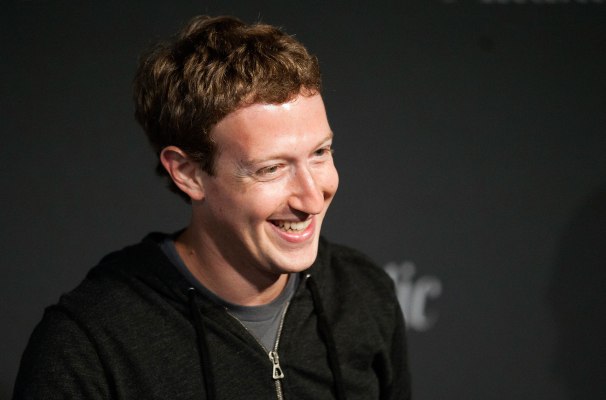Ahead of its annual F8 developers conference, Facebook has announced a partnership with Dev Bootcamp to fund scholarships for 20 people of color and/or women to attend the 19-week program for free this year. Facebook’s using a portion of the proceeds from F8 ticket sales, which go for $595, to donate a total of $250,000 to Dev Bootcamp.
Dev Bootcamp’s 19-week program covers Ruby, JavaScript, Ruby on Rails, common JavaScript libraries, SQL, HTML, CSS, pair programming, and agile and test driven development. To date, Dev Bootcamp has taught over 1,900 students in web development.
“Facebook’s generous donation makes a real impact on Dev Bootcamp’s goal to achieve proportional representation of the U.S. population with our student base of women and minorities,” Dev Bootcamp VP of Business Development and Corporate Strategy Tarlin Ray said in an email to TechCrunch.
Facebook is partnering with Dev Bootcamp and announcing it in association with F8 for a couple of reasons, Ime Archibong, head of partnerships at Facebook, told me. Big conferences like F8 are the perfect opportunity to do something diversity-related, he said. It’s also an opportunity for Facebook to reinvest in the developer ecosystem by donating and enabling people of color and women to become programmers over the course of just a couple of weeks.
“We’re looking for the most immediate impact on developers,” Archibong said.
It’s worth mentioning that Facebook is not the first to do something diversity-related around a big developers conference. For the last two Worldwide Developers Conferences, Apple has partnered with organizations like Black Founders, Black Girls Code, Hack the Hood and National Society of Black Engineers to offer scholarships to attend the conference. What’s different about what Facebook is doing is the emphasis on funding coding education rather than conference attendance.
In theory, these F8 scholars could end up with a job at Facebook one day. To date, Facebook has hired four people who have come out of Dev Bootcamp, Ray said. With the F8 scholarship, I wondered if those scholars would have some sort of pipeline or roadmap into employment at Facebook. As of right now, the idea with the scholarship is definitely to expose the scholars from underrepresented backgrounds to Facebook and the physical space, but nothing past that has been ironed out. Currently, Facebook is 55 percent white, 36 percent Asian, 4 percent Hispanic and 2 percent black in the U.S., according to its most recent diversity report. Globally, Facebook is 32% female.
With diversity in mind, Archibong said Facebook was very intentional about tracking people and making sure that the people walking through the doors this year at F8 reflect the world’s population. Last year, Facebook made it optional to specify gender and race in the registration process. This year, it was a required field.
Most people who registered disclosed both gender and race/ethnicity, rather than selecting “I prefer not to disclose.” Of those who did disclose, 23.8 percent identified as women and 13.7 percent identified as underrepresented racial minorities (black, Hispanic or Latino/a, Native American or Alaska Native or Native Hawaiian or Pacific Islander) in tech.
“If we are going to continue serving the world,” Archibong said. “We need to make sure there’s the right mix of people in the audience.”
